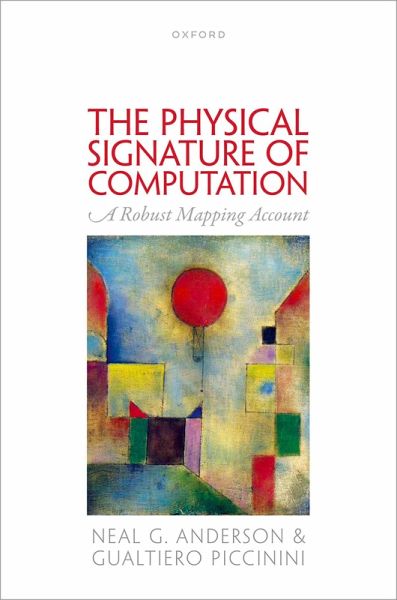
The Physical Signature of Computation
A Robust Mapping Account
Versandkostenfrei!
Versandfertig in über 4 Wochen
102,99 €
inkl. MwSt.

PAYBACK Punkte
51 °P sammeln!
Anderson and Piccinini offer the most systematic, rigorous, and comprehensive account of computational implementation to date. Their robust mapping account holds that the key for establishing that a computation is physically implemented is that the physical states bear neither more nor less information than the computational states they map onto.












